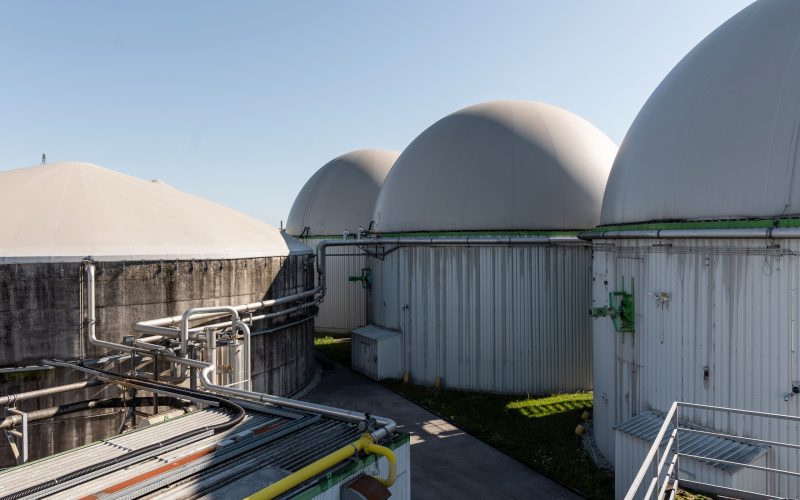Georgii Geletukha: without a full transition to 100% renewable energy, humanity faces a global climate crisis
Bioenergy is an essential pillar of that transition.
The LDaily platform has published an extensive interview with UABIO Chairman of the Board Georgii Geletukha. The expert spoke about the state of affairs in the sectors of biomethane, bioethanol, electricity and heat from biomass.

Georgii Geletukha is honest about the market stagnation that hinders development, the necessary changes in tariff policy, and the role of bioenergy in decarbonization and energy security of Ukraine.
The bioenergy market in Ukraine is growing in the production of biomethane and bioethanol, but stagnating in the generation of electricity and heat
“Biomethane and bioethanol are export-oriented and, in effect, benefit from support systems in the EU countries to which they are exported. Electricity and heat from biomass, on the other hand, are geared toward the domestic Ukrainian market — where there are no incentives or preferential policies in place. Moreover, due to substantial subsidies on natural gas for households, this type of energy carrier is artificially made the cheapest option in this segment. As a result, replacing it with biomass, biogas, biomethane, or RDF becomes economically unviable. Similarly, heavy subsidies on electricity prices for households mean there is insufficient money circulating in the electricity market. The prices currently formed on the market do not allow for profitable electricity production from biomass or biogas — especially since the green tariff ended for new projects as of January 1, 2024″, says UABIO Chairman of the Board.
The expert notes that the Ukrainian market is not ready for large-scale implementation of bioenergy solutions, as significant changes in energy tariff policy for households and, probably, additional preferences for bioenergy projects are needed.
Occupation and destruction negatively affected the sector within 5%, which is much less than other renewable and traditional energy sectors
“This is largely due to the much greater geographic dispersion of bioenergy projects across Ukraine. Bioenergy in general can play a significant role in strengthening the country’s energy security during and after the war, but a number of barriers need to be removed. Unfortunately, responsibility for bioenergy development is fragmented across several ministries and agencies. Biomethane and electricity production from biomass fall under the Ministry of Energy. Heat production from biomass is overseen by the Ministry for Communities and Territories Development. Certain issues fall under the Ministry of Agrarian Policy and the State Agency on Energy Efficiency. I believe coordination between these bodies on bioenergy development is inadequate. We have repeatedly proposed the creation of a single government body dedicated to the development of renewable energy in Ukraine, as well as the appointment of a Deputy Prime Minister specifically responsible for this sector”, explains Georgii Geletukha.
The expert notes that there is a need to make amendments to the laws, introduce new incentives or guarantee protection for investors. He lists a number of barriers that will still limit the sector. Thus, comprehensive solutions at the legislative, regulatory and intergovernmental levels are needed to unlock the full potential of biomethane.
Key technologies for bioenergy in the next 3-5 years: for export — advanced biofuels, including advanced biomethane; for the domestic market — cogeneration based on biomass and biogas, biomass boilers in centralized heating systems
“Ukrainian-made biomass boilers are already dominating the domestic market and a significant share is exported. For biogas and biomethane plants, local equipment and services account for up to 50% of project value“, adds Georgii Geletukha.
There is no path to EU membership for Ukraine without adopting the Green Deal and aligning our energy and climate policies accordingly
“The introduction of a carbon credit certification and trading system for bioenergy projects in Ukraine is an important element of the necessary climate policy. In the near future, it is necessary to create a national greenhouse gas emissions trading system similar to the EU ETS. The Ministry of Environment plans to fully implement it by 2032“, the expert emphasizes.
Read the full interview with Georgii Geletukha on the LDaily website. We would also like to thank the editorial team, in particular journalist Nana Pipiia, for preparing and covering this important conversation, which focuses not only on the sector’s achievements but also highlights the still existing barriers in the industry.


